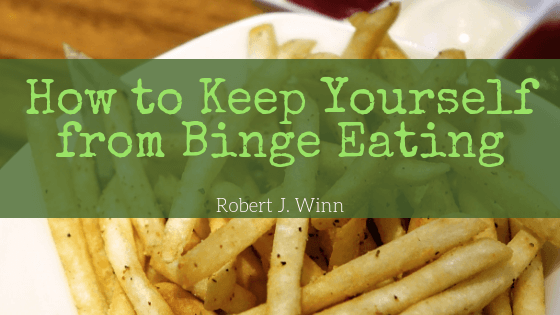It’s happened to us all. After a day of following a strict meal plan and only eating healthy foods, you get home from work or school and find yourself unable to stop eating junk food. Afterward, you feel guilty for ruining a day of healthy eating and vow to stop binging. It’s hard to break the binge eating pattern, but here are a few tips that will help you to develop healthier eating patterns.
Quit the fad diets
Restrictive eating patterns, which are popular with fad diets, can be a big trigger for a binge eating episode. Cutting a specific food out of your diet makes you more likely to crave it and binge on it. In a study of teenage girls, it was found that fasting correlated with a higher risk of binge eating. Instead of quitting certain food groups cold turkey or dramatically reducing your calorie intake, it’s more effective to make healthy, sustainable changes your diet, like incorporating more whole, unprocessed foods.
Practice mindfulness
Practice listening to your body and focusing your attention on how you feel at any current moment. Doing this can help keep you from overeating by recognizing when you’re no longer hungry. Eat slowly so you can look for signals from your body that you’re full and no longer need to be eating.
Drink water
Often, we confuse being thirsty for being hungry and end up eating food that our bodies don’t need. Staying hydrated throughout the day will help to curb those feelings of hunger. One study found that drinking 17 ounces of water before eating reduced the number of calories eaten by 13 percent as compared to a control group.
Clean out your kitchen
Getting rid of foods that you know are triggers will help to keep you from binge eating when you have cravings. Get rid of any processed or junk foods and replace them with healthier alternatives that are still snack friendly, like nuts, fruits, seeds and vegetables.
Make a plan
Planning out your meals and doing your grocery shopping ahead of time is another solution to binge eating. Having healthy ingredients on hand and a plan for how to utilize them will help you to create balanced, satisfying meals. Make sure that your meals are high in protein and fiber, which helps keep you feeling fuller for longer.

